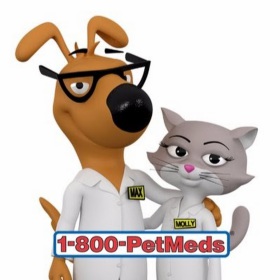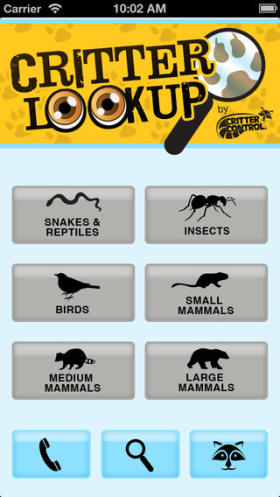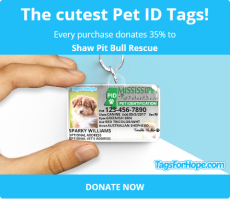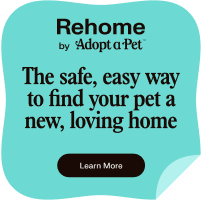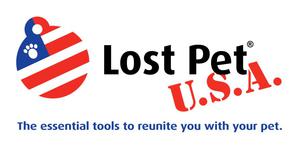Coccidia
Coccidia are small protozoans (one-celled organisms) that multiply in the intestinal tracts of dogs and cats, most commonly in kittens and puppies less than six months of age, in adult animals whose immune system is suppressed or in animals who are stressed in other ways (e.g., change in ownership, other disease present).
In cats and dogs, most coccidia are of the genus called Isospora. Isospora canis and I. ohioensis are the species most often encountered in dogs; I. felis and I. rivolta are the most common in cats.
Regardless of which species is present we generally refer to the disease as coccidiosis. As a puppy or kitten ages it tends to develop a natural immunity to the effects of coccidia. As an adult it
may carry coccidia in its intestines, shed the cyst in the feces, but experience no ill effects.
A puppy or kitten is not born with the coccidia organisms in its intestine. However, once born, the puppy or kitten is frequently exposed to its mother's feces and if the mother is shedding the
infective cysts in her feces then the young animals will likely ingest them and coccidia will develop within their intestines. Since young puppies and kittens, usually those less than six months of
age, have no immunity to coccidia, the organisms reproduce in great numbers and parasitize the young animal's intestines. Oftentimes this has severe effects.
From exposure to the coccidia in feces to the onset of the illness is about 13 days. Most puppies and kittens who are ill from coccidia are, therefore, two weeks of age and older. Although most
infections are the result of spread from the mother, this is not always the case. Any infected kitten or puppy is contagious to other puppies and kittens. In breeding facilities, shelters, animal
hospitals, etc., it is wise to isolate those infected from those that are not.
The primary sign of an animal suffering with coccidiosis is diarrhea. The diarrhea may be mild to severe depending on the level of infection. Blood and mucous may be present, especially in advanced
cases. Severely affected animals may also vomit, lose their appetite, become dehydrated, and in some instances, die from the disease.
Most infected kittens and puppies encountered by the authors are in the four to twelve week age group. The possibility of coccidiosis should always be considered when a loose stool or diarrhea is
encountered in this age group. A microscopic fecal exam by a veterinarian will detect the cysts confirming a diagnosis.
Although many cases are mild it is not uncommon to see severe, bloody diarrhea result in dehydration and even death. This is most common in animals who are ill or infected with other parasites,
bacteria or viruses. Coccidiosis is very contagious, especially among young kittens and puppies. Entire kennels and catteries may become contaminated with puppies and kittens of many age groups
simultaneously affected.
It should be mentioned that stress plays a role in the development of coccidiosis. It is not uncommon for a seemingly healthy puppy or kitten to arrive at its new home and develop diarrhea several
days later leading to a diagnosis of coccidia. If the puppy or kitten has been at the new home for less than thirteen days then it had coccidia before it arrived. Remember the incubation period (from
exposure to illness) is about thirteen days. If the puppy or kitten has been with its new owner several weeks, then the exposure to coccidia most likely occurred after the animal arrived at the new
home. The authors merely point this out as they have been involved in legal cases as to who was responsible for the cost of treatment, the breeder or new owner. Usually coccidia was present only to
surface during the stressful period of the puppy or kitten adjusting to a new home.
Fortunately coccidiosis is treatable. Drugs such as sulfadimethoxine (Albon), trimethoprim-sulfadiazine (Tribrissen) and amprolium (Corid) have all been effective in the treatment and prevention of
coccidia. Because these drugs do not kill the organisms, but rather inhibit their reproduction capabilities, elimination of coccidia from the intestine is not rapid. By stopping the ability of the
protozoa to reproduce, time is allowed for the puppy's own immunity to develop and remove the organisms. Drug treatments of five or more days are usually required.
Because coccidia is spread by the feces of carrier animals, it is very important to practice strict sanitation. All fecal material should be removed. Housing needs to be such that food and water
cannot become contaminated with feces. Clean water should be provided at all times. Most disinfectants do not work well against coccidia; incineration of the feces, and steam cleaning, immersion in
boiling water or a 10% ammonia solution are the best methods to kill coccidia. Coccidia can withstand freezing.
Cockroaches and flies can mechanically carry coccidia from one place to another. Mice and other animals can ingest the coccidia and when killed and eaten by a cat, for instance, can infect the cat.
Therefore, insect and rodent control are very important in preventing coccidiosis.
The coccidia species of dogs and cats do not infect humans.




